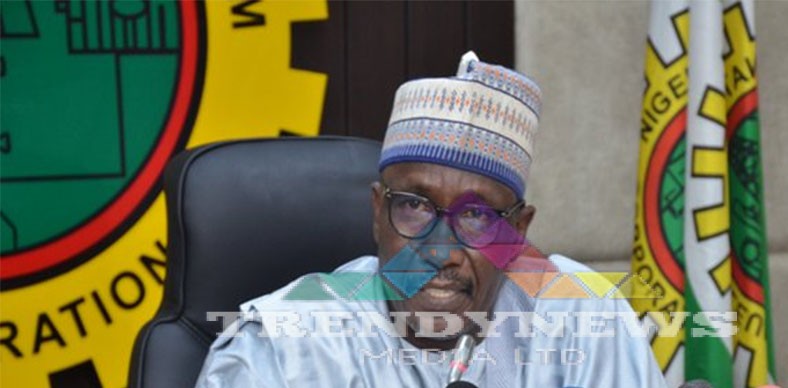NNPC cargo policy frustrating Nigerian shipowners – Operators

Stakeholders in the country’s maritime sector have stated that Nigerian National Petroleum Corporation Limited’s reliance on foreign ships for lifting petroleum products is having an adverse impact on local shipowners.
A member of the Nigerian Indigenous Shipowners Association, Emmanuel Ilori, argued that many Nigerian vessels were littering the country’s waterways due to the unfavourable cargo policy of NNPCL.
Speaking with our correspondent recently in a telephone conversation, noted many Nigerian shipowners have been having challenges meeting their loan obligations because the NNPCL failed to patronise them.
He asserted, “We started our crude marketing with some Asian countries. Iran had about 60 vessels lifting their product some years back and they still do so through cost insurance and freight but we don’t even have a single local carrier to transport our crude. And we have had very educated and enlightened people run the Nigerian National Petroleum Corporation for years. l do not understand why we hate to see Nigeria grow. Everybody is just concerned about himself and the narrow benefits they get.
“This area can create huge employment for Nigerian youths and raise our foreign earning power.”
On his part, a chartered marine surveyor and ship captain, Anthony Onoharigho, frowned at the current trend where 98 per cent of the crude oil lifted in Nigeria is done by foreign vessels.
“In the maritime industry, Nigeria has no single ship to lift our product. Most of our products are lifted by private individuals, who are portfolio shipowners and they are all foreigners. 98 per cent of the crude being lifted in this country from my research is by foreigners and the remaining 2 per cent are trading unclean products in our territorial waters,” he claimed.
He said that oil lifting has the potential of creating huge employment opportunities for Nigerians and also raising foreign earnings for the country.
According to him, “The minimum number of people one tanker can take is about 40 to 50. If you employ our youths, I assume they would pay them in hard currency. They would come back to this country and use the money to buy things in our market and that would increase our Gross Domestic Product in terms of inflow of currency.”
Meanwhile, Ilori stressed the need for the country to start engaging Nigerian shipowners to enable them to stay afloat.
“I think it is ingenious if Nigerian shipowners are taking loans, and everything over the years and they are indebted in billions of dollars. If NNPC is not giving them cargoes. If such a vessel is idle, they are losing money. So, if the shipowners have taken the initiative to buy vessels so that Nigerian cargoes can be handled by locals and NNPC is not given them the job, what do you think will happen to those vessels? They will rot away and that is why we need a change so that they will start engaging Nigerian vessels. There are so many Nigerian vessels littering the waters just because of the NNPC cargo carrying policy.”
He said that Nigerian shipowners were not being favourably treated because foreign shipowners were taking over their trade, adding that he believed in Nigerian cargoes should be handled by local ships.
“The most important thing is Nigerian cargoes for Nigerian ships so that more jobs can be created.”
Ilori also complained about the high-interest rate in the country.
“The foreign vessels get funds at lower rates but the Nigerian banks give the Nigerian shipowners loans at very high rates, double digits above 20 per cent. How will they survive? So, that is why we need to have to rethink these issues. I am happy that the Director-General of the Nigerian Maritime Administration and Safety Agency, Dr Bashir Jamoh, is trying his best to help local shipowners.”


